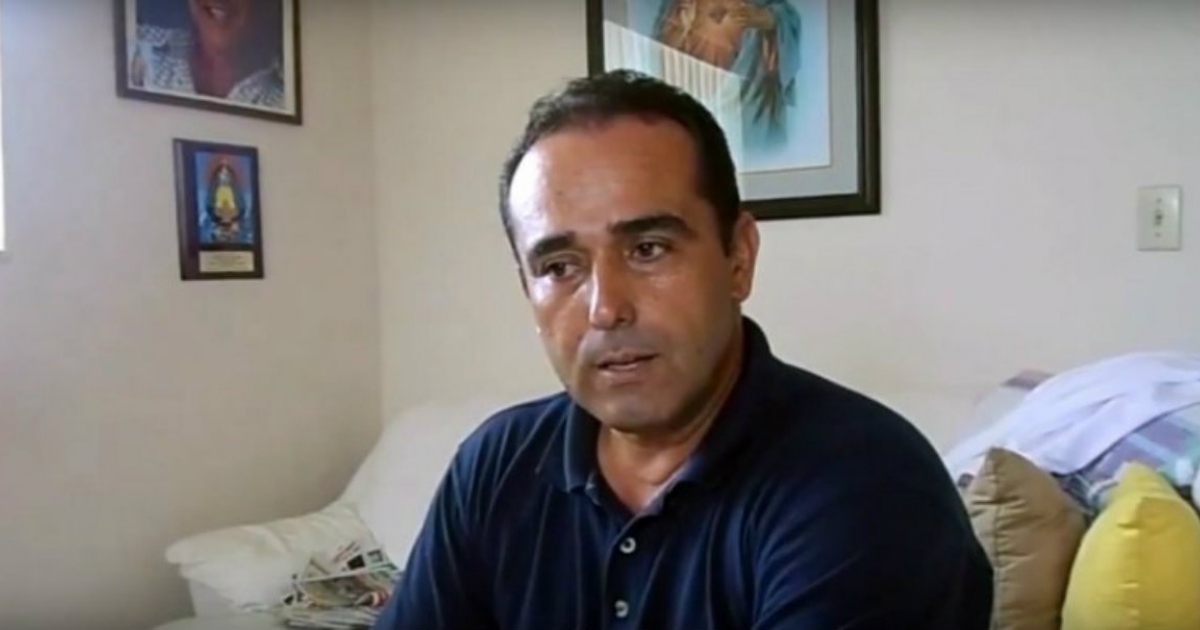
Mexico (EFE).- The sentence to three years in prison of the Cuban opponent Eduardo Cardet has generated a strong reaction in Amnesty International (AI), which considers it to be an example of the lack of "freedom of expression" in Cuba.
"There is no doubt that he is a prisoner of conscience who is behind bars for expressing his ideas; he should not spend another second in prison," the aforementioned institution defended in a statement.
Cardet, leader of the Christian Liberation Movement (MCL), was sentenced on March 20 to three years in prison for his criticism of Fidel Castro made after the death of the revolutionary leader on August 13 of last year.
AI pointed out that two days before being arrested, the dissident told a radio station in Madrid (Spain) that mourning for Castro's death had been "imposed", and defined him as "a very controversial, very hated and rejected by the people."
He confirmed that Cardet's lawyer has 10 days to appeal the decision before the Cuban courts.
"For decades, Cuban authorities have harassed and intimidated members of the MCL in an attempt to silence any dissident ideas," said Erika Guevara-Rosas, AI's Americas director, quoted in the statement.
The organization pointed out that despite some recent openness, it is still seen how the Cuban authorities control freedom of expression and people are routinely detained for criticizing a politician or for writing their opinion on a wall, as happened to the artist of the graffiti Daniel "El Sexto" Maldonado.
Amnesty International noted that provisions of the Cuban Penal Code relating to transgressions such as contempt, resistance and public disorder "are frequently used" to repress freedoms of expression, assembly and association.
He specified that organizations such as the Cuban Commission for Human Rights and National Reconciliation, a group not recognized by the State, have documented an average of 827 monthly arrests for political reasons during 2016.
Amnesty stressed that the MCL "is a prominent actor in the movement for democracy in Cuba" and that it was founded in 1988 by Oswaldo Payá Sardiñas (1952-2012), a visible figure of the political opposition, and by four other activists.
What do you think?
COMMENTFiled in: